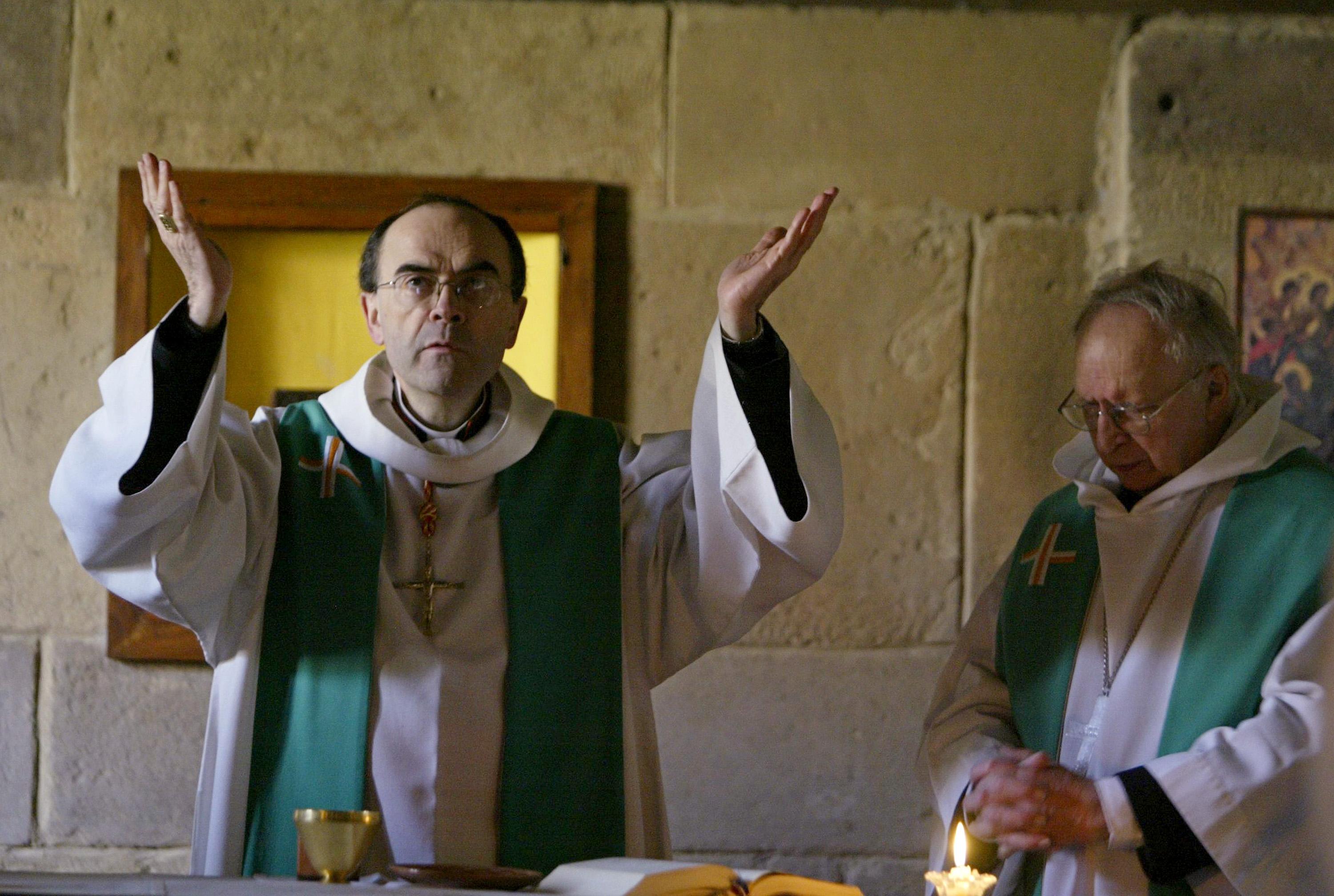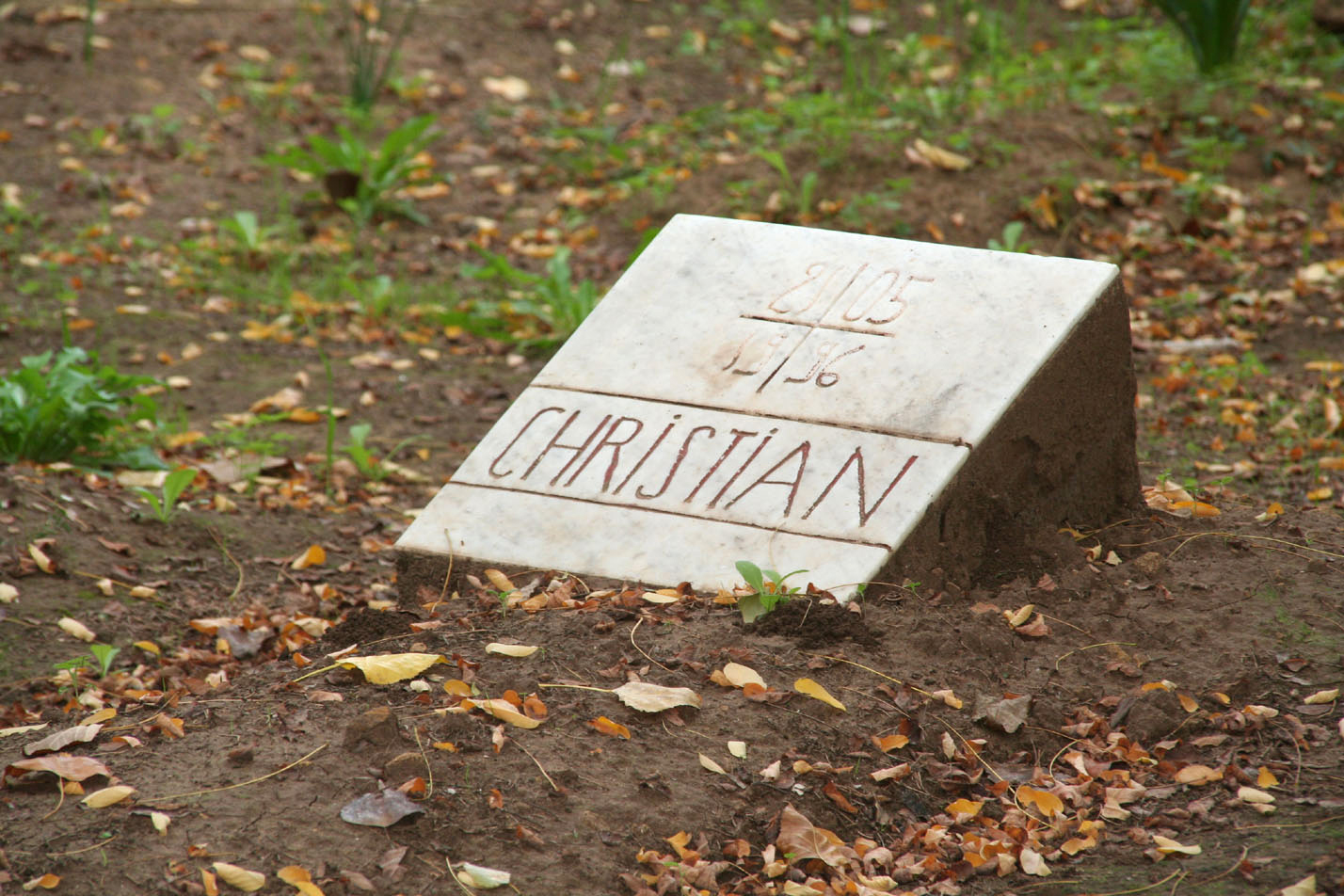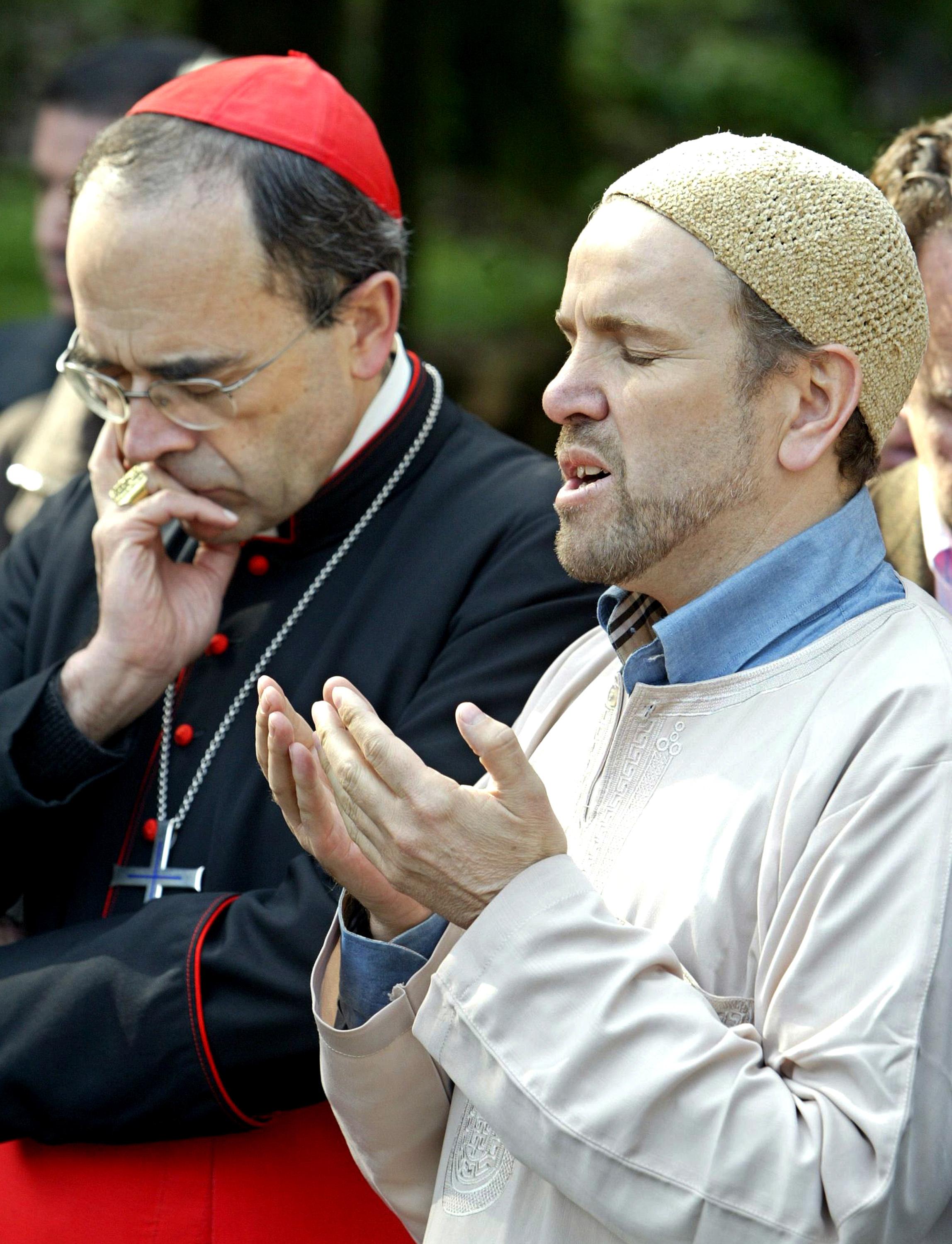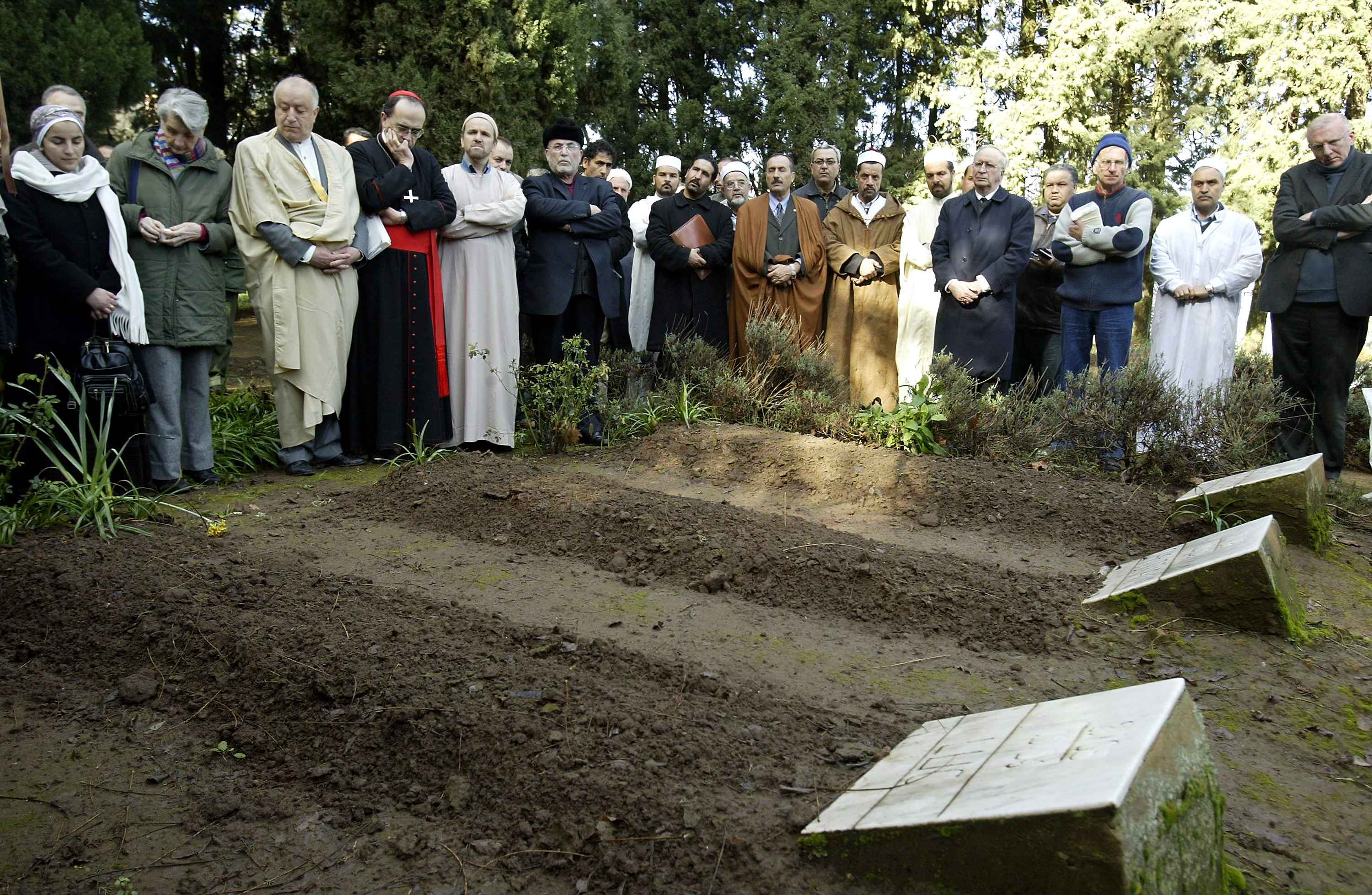

WASHINGTON (CNS) — Trappist Father Christian-Marie de Cherge, one of seven monks slain by Islamic terrorists in Algeria in 1996, left a letter that anticipated he would be assassinated.
Fr. de Cherge, prior of the Monastery of Notre Dame de l’Atlas, wrote the letter sometime between Dec. 1, 1993 and Jan. 1, 1994 — between which dates members of the Armed Islamic Group first visited the monastery. It was marked to be opened at his death.
The monk’s family sent the letter to France’s daily Catholic newspaper, La Croix, which published the text in full May 28, 1996.

Here is the text of the letter. The last word was written in Arabic:
If it were ever to happen — and it could happen any day — that I should be the victim of the terrorism which seems to be engulfing all the foreigners now living in Algeria, I would like my community, my Church, my family to remember that my life was given to God and to this country.
That they accept that the unique Master of all life will be no stranger to such a brutal departure.
That they pray for me: for how should I prove worthy of such an offering?
That they understand that such a death should be linked to so many others, equally violent, but which remain masked by the anonymity of indifference.
My life has no greater worth than that of another. Nor is it worth any less.
In all events, it no longer has the innocence of childhood.

I have lived long enough to recognize that I am caught up as accomplice in the evil which, alas, seems to prevail in the world, even in that evil which might strike me blindly.
At such a moment, I would like to have enough lucidity left to beg God’s pardon and that of my all my fellow human beings, while pardoning with all my heart anyone who might have hurt me.
Not that I would want to wish such a death.
It seems important to profess that.
In fact, I do not see how I could rejoice that this people that I love should be globally blamed for my murder.
It is far more costly to pay the price of what might be called “the grace of martyrdom” than to owe one’s life to an Algerian, whoever he may, especially if he professes to be acting in accord with what he believed in Islam.
I know full well the contempt in which Algerians generally are held.
I know, too, the caricature of Islam that is fostered by a certain Islamism.
It is all too easy to appease one’s conscience by simply identifying this religious tradition with the all-or-nothingness of the extremists.
For me, Islam and Algeria is something different, it is body and soul.
I have proclaimed it loud and clear, I believe, to everyone that knows me, that I have found here the guiding line of the Gospel that I learned at my mother’s knee, my first church, here in Algeria, and in the respect of Muslim believers.
My death would seem to justify those who dismiss me summarily as naive, as an idealist (saying): “Let him say how he sees things now!” But they ought to know that at last my pounding curiosity will be satisfied.

For then I shall be able, if it pleases God, to steep my gaze in that which the Father has, to contemplate with Him His Islamic children as He sees them, illuminated by the glory of Christ, by the fruits of His passion, endowed with the gift of the Spirit, whose secret joy will be forever to establish communion and to restore likeness, through playing on differences.
This life lost, totally mine, and totally theirs, I give thanks to God, who seems to have wanted it to be utterly so, for this joy, through and despite everything.
Within this thank-you where, once and for all, all is said about my life, I include you, my friends of yesterday and of today, and you, my friends from here, along with my mother and my father, my sisters and my brothers and all who belong to them, (life) yielded a hundredfold as was promised!
And you, too, my last-minute friend, you who know not what you do.
Yes, for you, too, I wish this thank-you, and this “adieu,” which is of your planning.
May we be granted to meet each other again, happy thieves, in paradise, should it please God, the Father of both of us. Amen! Inshallah!





